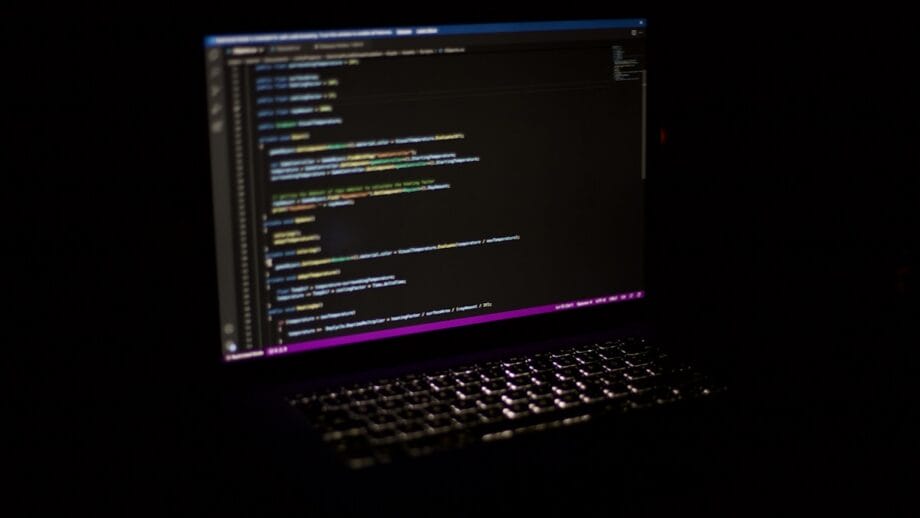Challenges and Insights in AI-Enhanced Web Development
Carla Rover, an accomplished web developer boasting 15 years of experience, recently encountered a significant setback when she was compelled to restart a project that had been partially executed with the assistance of AI tools—an ordeal that left her emotionally overwhelmed.
As she forges ahead with a startup dedicated to crafting bespoke machine learning models for marketplaces, alongside her son, she has turned to AI-driven coding in pursuit of enhanced efficiency.
Rover describes vibe coding as a “beautiful, endless cocktail napkin,” a canvas for continuous idea cultivation. Nevertheless, she also recognizes the myriad frustrations that accompany AI-generated code, which can be erratic and often demands rigorous oversight.
“Managing AI-generated code can be more taxing than babysitting,” she remarked, underscoring the unpredictability inherent in these technologies.
Rover’s experience serves as a cautionary narrative regarding the hazards of excessive reliance on AI within the programming domain. Eager to showcase her startup’s prospects, she bypassed crucial reviews of automated outputs, resulting in critical errors that necessitated a complete project overhaul.
“I handed it off as if the AI were a reliable employee,” she reflected, only to confront the stark reality that the AI could not be depended upon as she had initially assumed.
She is not alone in her tribulations. A recent study by Fastly revealed that an overwhelming 95% of nearly 800 developers surveyed expend additional time rectifying AI-generated code, with senior developers bearing the brunt of this burden. Many seasoned programmers now assume the role of “AI babysitters,” rewriting and validating the code churned out by AI systems.
TechCrunch engaged in discussions with various developers who expressed ambivalence regarding AI’s role in coding. Rover compared the experience of utilizing an AI coding assistant to entrusting a bright child with the task of pouring coffee for the family.
“Can they accomplish it? Possibly. Could they falter? Absolutely,” she cautioned, advising against total reliance on AI models.
Feridoon Malekzadeh, another developer with two decades of experience, contributed a lighthearted analogy by likening vibe coding to interacting with a recalcitrant teenager. He estimated that approximately 50% of his time is devoted to drafting requirements, 10% to 20% to the actual vibe coding, and 30% to 40% managing errors found in AI-generated scripts.
Similar to Rover, Malekzadeh appreciates the speed AI affords certain tasks but acknowledges its deficiency in offering comprehensive solutions for intricate challenges.
Concerns regarding the implications of AI-generated code extend beyond mere usability. Esteemed developers, such as Austin Spires, voiced anxiety over security vulnerabilities introduced by AI tools. He noted that fast-tracked solutions provided by AI often neglect established best practices, potentially cascading into significant security breaches.
Mike Arrowsmith, a CTO with extensive knowledge in software engineering, cautioned against emerging vulnerabilities associated with vibe coding, particularly impacting startups. He emphasized the paramount importance of established review protocols that AI-generated code frequently circumvents.

Despite these evident challenges, there is a consensus within the industry regarding the prospective advantages of AI tools. Rover conceded that vibe coding has positively influenced her ability to design user interfaces. Furthermore, the Fastly report indicated that senior developers tend to harbor greater confidence in AI-generated code than their junior counterparts, recognizing its potential to amplify productivity.
Amid the complexities inherent in these novel workflows, burgeoning engineers like Elvis Kimara are adapting to technological shifts. Recently graduating with a master’s in AI, he echoed feelings of frustration over the diminished joy in problem-solving but also acknowledged that the benefits frequently outweigh the drawbacks.
He is preparing to incorporate AI into his future roles, recognizing the transition toward steering AI systems and assuming accountability for their outputs.
In conclusion, while vibe coding augmented by AI presents new avenues for innovation and efficiency, it simultaneously highlights the necessity for continued human oversight to ensure quality, security, and effective problem-solving in the rapidly evolving technological landscape.
Source link: News.ssbcrack.com.






